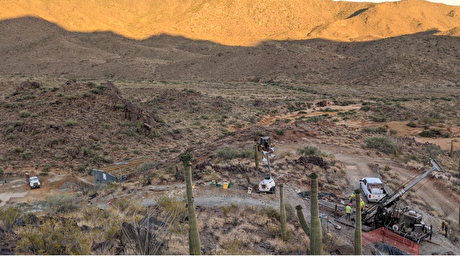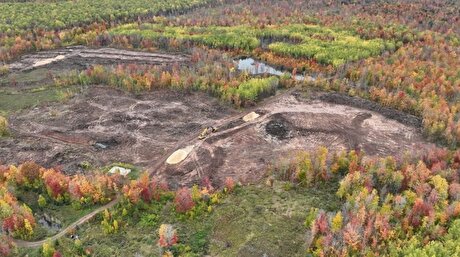
BlueScope Steel warns about coronavirus impact

The firm forecasts its China division to return zero profit during January-June because of the disruption from the coronavirus, warning today that its wider Asian businesses may also be affected.
BlueScope announced an A$439mn ($290mn) drop in first-half profits to A$186mn because of weaker steel spreads across Asia and North America. It forecasts the second half to 30 June to see similar earnings to the first half. But it warned that its expectations for the second half were subject to foreign exchange movements, market conditions and the impact of the coronavirus.
The second-half forecast of earnings before interest and tax of around A$300mn is based on its assumptions of lower east Asian hot-rolled coil price of $465/t compared with its assumption of $510/t for the first half, an average 62pc Fe iron ore price of $85/t cfr China down from $95/t and a benchmark hard coking coal price of $160/t fob Australia down from $170/t. It also assumes a US mini-mill benchmark steel spread will stay reasonably flat at $288/t in line with the first half, with an exchange rate of US$0.69 to an Australian dollar.
The firm's North Star expansion in the US is currently on time and on budget. But BlueScope chief executive Mark Vassella warned that there was now uncertainty about the supply of some equipment from China because of the coronavirus that could delay the project.
The firm expects a firmer result from its Australian business, which includes the Port Kembla steel works, in the second half. The first half was affected by minor blast furnace instability, which has now been fixed and the operations are also likely to benefit from lower realised raw material costs and an increase in contribution from coke sales. The firm reported a favourable turnaround in domestic steel sales on stronger demand across residential buildings and infrastructure projects.
The firm's New Zealand steel mill is likely to have a similar second half to first, with stable domestic demand, and lower prices offset by lower costs.
The firm continues to highlight high energy costs in Australia and New Zealand as a major issue when compared with similar costs encountered at its operations in Asia and the US.
By Jo Clarke

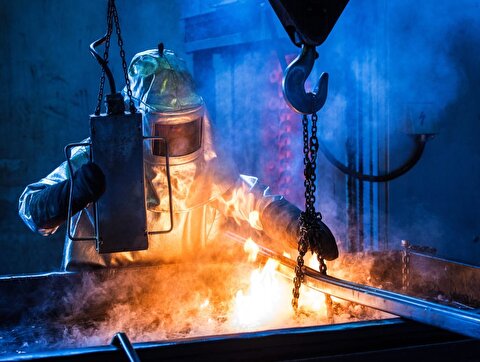
Copper price rises to three‑month high amid supply squeeze and trade optimism
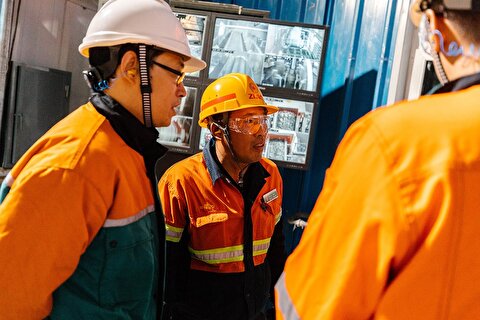
Zijin Mining to acquire Kazakh gold mine in $1.2B deal
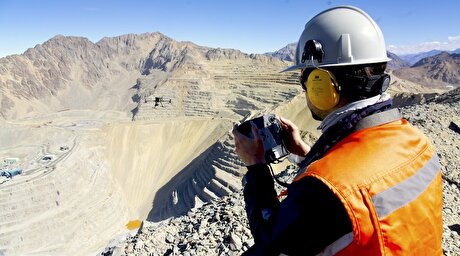
Chile cuts mining permitting times by up to 70%

Gold price rises on dollar weakness, focus on US data ahead
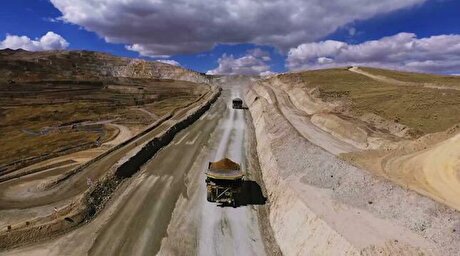
Peru copper transport disrupted as informal miners block roads
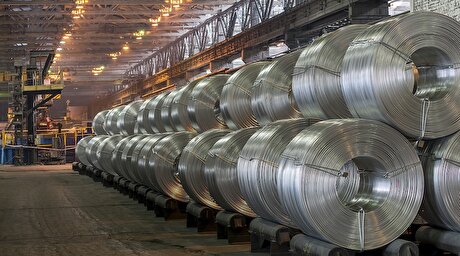
Russia base metals sales to China surge, signaling deep reliance

Indonesia offers US critical minerals joint investment as part of tariff talks
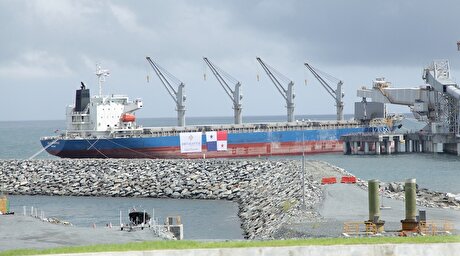
Panama ships part of stockpiled copper out of closed First Quantum mine

Lupaka Gold skyrockets on arbitration win against Peru

Summit Royalty to go public in deal with Eagle Royalties

Gold price retreats to one-week low on US tariff delay
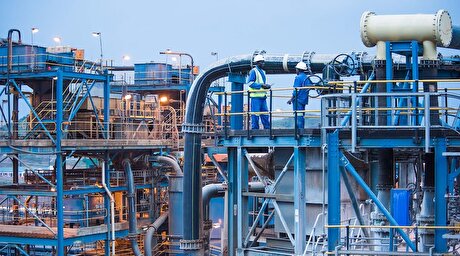
Barrick outlines growth outlook for Kibali in the DRC
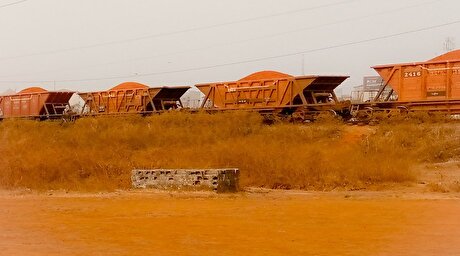
Guinea bauxite exports up 36% on Chinese demand
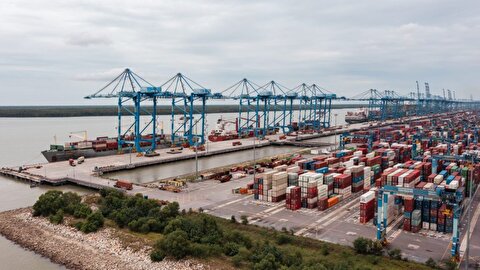
Malaysia puts anti-dumping duties on some China, South Korea, Vietnam iron, steel

Japan to test mine seabed mud for rare earths
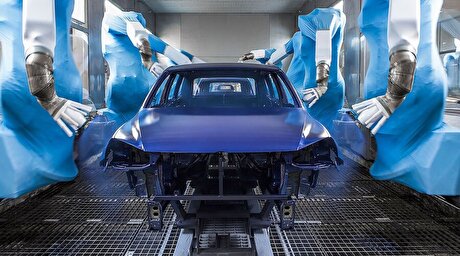
China’s rare earths are flowing again, but not freely
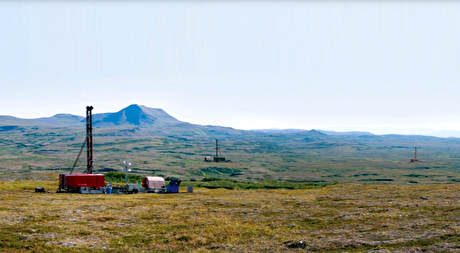
Northern Dynasty in talks to settle EPA litigation, shares hit 5-year high

Torngat Metals’ rare earths project revival aims to create ‘a new industry in Canada’ CEO says

China Rare Earth Group says executive moves at listed unit won’t affect operations

Gold price retreats to one-week low on US tariff delay

Barrick outlines growth outlook for Kibali in the DRC

Guinea bauxite exports up 36% on Chinese demand

Malaysia puts anti-dumping duties on some China, South Korea, Vietnam iron, steel

Japan to test mine seabed mud for rare earths

China’s rare earths are flowing again, but not freely

Northern Dynasty in talks to settle EPA litigation, shares hit 5-year high

Torngat Metals’ rare earths project revival aims to create ‘a new industry in Canada’ CEO says

China Rare Earth Group says executive moves at listed unit won’t affect operations
